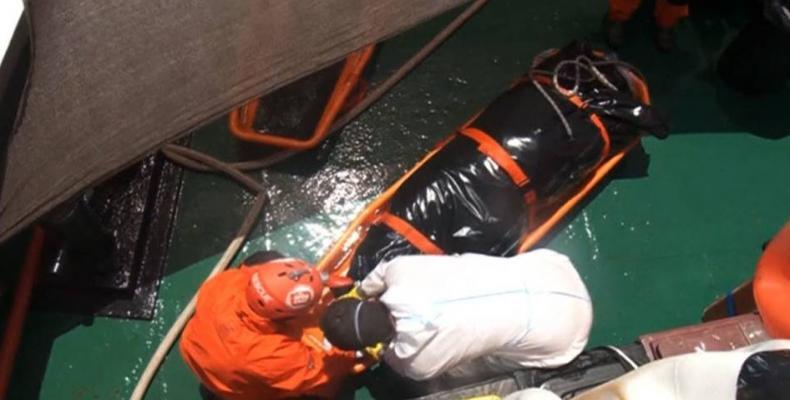United Nations, July 5 (RHC)-- Planned new centers around the Mediterranean to handle migrants and asylum seekers will be no silver bullet solution to the European Union's immigration challenge, says a U.N. agency of the idea it will be asked to implement.
Last week, EU states agreed to tighten controls at their external borders and spend more on security checks in the Middle East and North Africa to bring down the number of arrivals, at the expense of human rights and security for the people trying to cross the sea.
Chancellor Angela Merkel, under the pressure of the right-wing elements of her coalition, agreed Monday to set up migrant camps on the German border, in a bid to remain in power.
One thing EU leaders have agreed is to look at setting up "disembarkation platforms" —a euphemism for migrant camps— to handle those rescued from the dangerous crossing. Most are brought ashore in Italy, but more than 1,300 people perished this year. "The Mediterranean is a shared space, north-south. We have a joint responsibility to govern what happens in that space, including avoiding that people drown," Eugenio Ambrosi, the head of the International Organization for Migration's (IOM) EU mission told Reuters.
The IOM and its sister U.N. agency for refugees, the UNHCR, would run the new sites. Ambrosi said 10 existing migrant centers in Greece and Italy could first be beefed up and new ones could then be added in Malta. But opening others on the southern rim of the Mediterranean — as some EU states want — would take time.
"Before going outside of Europe, asking other countries to help, we have to make sure that enough European countries help each other," Ambrosi said in an interview. Eventually, depending on where in the Mediterranean they were rescued, people would be taken to EU or African centers.
The much-publicized idea of Mediterranean camps would only work together with opening up more legal ways to get to Europe from non-EU countries, Ambrosi said. He opposed locating migrant centers in strife-torn Libya and said populists in the EU failed to recognize how far the number of arrivals had dropped since 2015. "It's not a migration issue, it's a political and functioning-of-the-EU issue," he said. "There is no quick fix, there has never been."
EU states would have to share out legitimate asylum seekers from the centers, an idea that has divided them bitterly since 2015. Eastern nations led by Poland and Hungary refused to help by taking in a share. With this internal dispute still festering, the EU will turn to Tunisia and Morocco to host new sites, even if developing countries share the largest burden of welcoming refugees in proportion to their populations than developed countries.
United Nations says Mediterranean migrant camps won't fix EU challenge

Matérias relacionadas
Comentários
Deixe um comentário
Todos os campos são requeridosMais vistas
- Presidente cubano visita municípios da província de Cienfuegos
- Díaz-Canel agradece apoio do corpo diplomático credenciado em Cuba
- Escândalo de criptomoeda envolve Milei
- Conheça Cuba, convite de livros na feira literária
- México abre as portas para médicos de Cuba e aumenta formação de profissionais da saúde

